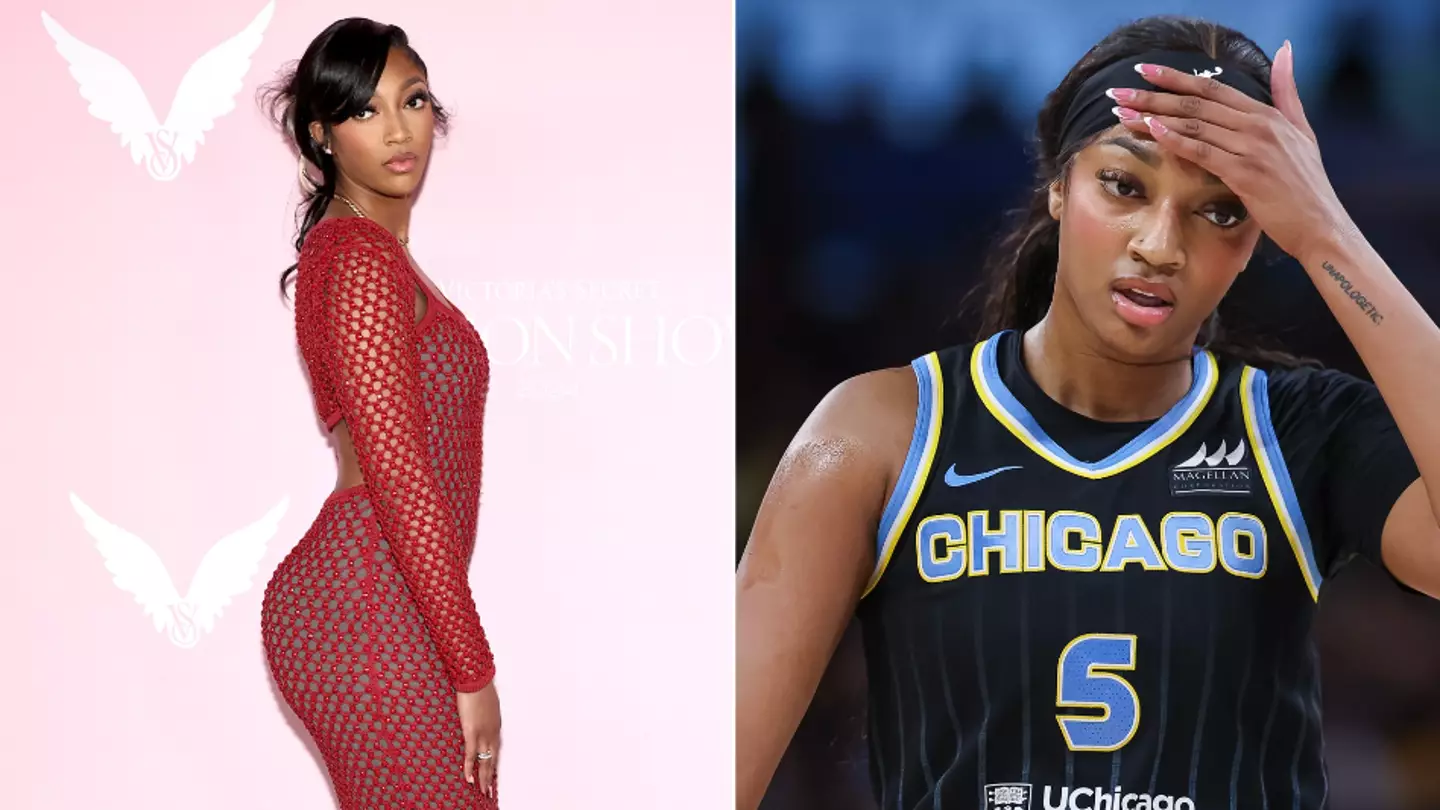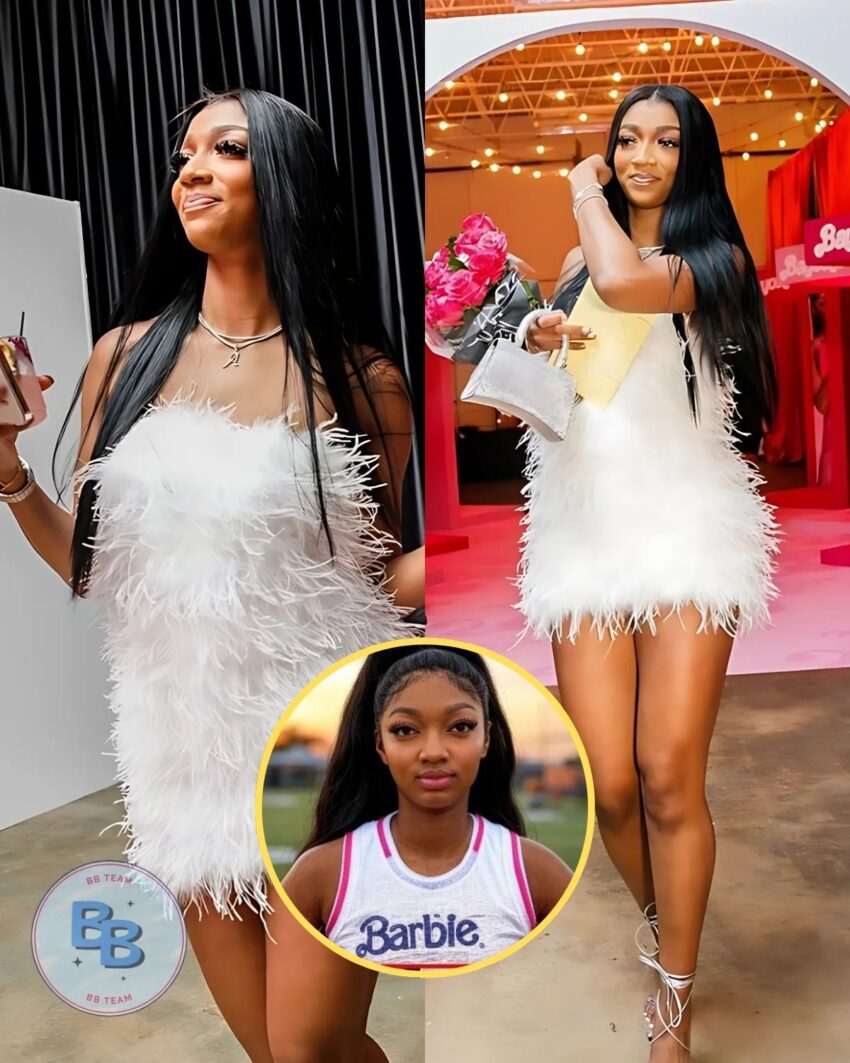Nominated as the First Female Athlete to Receive an Official Barbie Ambassador Doll, Celebrating Her Impact on Culture, Style, and Community.-MVP
Hold the pink convertibles! The news has just dropped like a mic at center court: basketball phenom Angel Reese, a name synonymous with fierce talent and unapologetic style, has reportedly been nominated to become the first female athlete to receive the ultimate pop culture honor – an official Barbie Ambassador doll.

While initial reactions might range from celebratory emojis to enthusiastic cheers for representation, a closer look at this groundbreaking nomination ignites a far more complex and potentially unsettling debate. Is this a monumental step forward in recognizing the influence of female athletes, or is it a calculated move by a toy giant to capitalize on Reese’s undeniable cultural cachet, potentially commodifying her achievements in a way that feels… off?
Let’s be clear: Angel Reese is a force. Her athletic prowess, her unapologetic confidence, and her impact on college basketball are undeniable. She has shattered records, captivated audiences, and inspired a new generation. On the surface, immortalizing her as a Barbie doll seems like a natural extension of her cultural impact, a way to bring her inspiring story to a wider audience, especially young girls.
But the Barbie brand, for all its evolution, still carries a complex legacy. For decades, it has been both lauded for empowering girls and criticized for perpetuating unrealistic beauty standards. Into this arena steps Angel Reese, a powerful and authentic figure who has often defied conventional expectations.

The question then becomes: how will Angel Reese Barbie be presented? Will it celebrate her athletic achievements with a basketball in hand and sweat on her brow? Or will it inevitably lean into aesthetics, focusing on her style and appearance in a way that potentially overshadows her hard-earned accomplishments on the court?
There’s a fine line between honoring someone’s influence and reducing them to a marketable image. Could this Barbie doll, while seemingly a triumph, inadvertently box Reese into a pre-defined mold, potentially diluting the very authenticity that makes her such a compelling figure?
Furthermore, the timing of this nomination raises eyebrows. Reese’s star is undeniably on the ascent, making her a prime target for brand collaborations. Is this a genuine recognition of her long-term impact, or a strategic move to capitalize on her current popularity?

